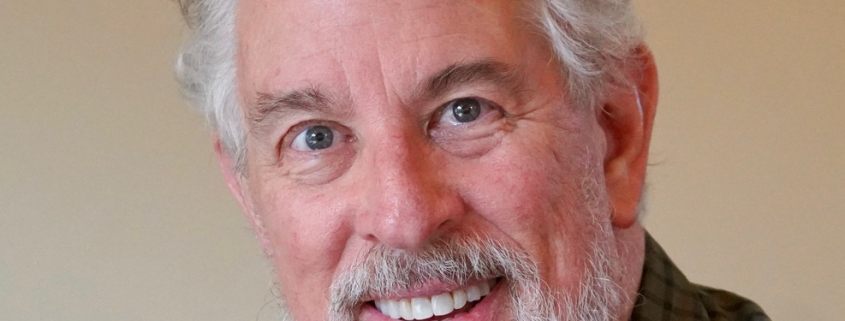FAKCE Presents | Part 1: Introduction to The Neurosequential Model for Caregiving
Featuring: Bruce D. Perry, M.D. Ph.D

About Dr. Bruce Perry: Principal of the Neurosequential Network and Adjunct Professor at Northwestern University and La Trobe University, Melbourne, is a distinguished figure in children’s mental health and neurosciences. Over 30 years, he has influenced global clinical practice, programs, and policies with his research on the impact of abuse and trauma on the developing brain. Dr. Perry co-authored bestsellers like “The Boy Who Was Raised As A Dog” and “What Happened to You?” with Oprah Winfrey. A former Trammell Research Professor of Child Psychiatry at Baylor College of Medicine, he has conducted extensive neuroscience and clinical research, leading to the development of the Neurosequential Model©. Dr. Perry’s expertise has been sought after in high-profile incidents involving traumatized children worldwide. With over 500 publications and numerous awards, he continues to shape the field through innovative clinical practices and educational approaches. Dr. Perry’s media presence includes features on major platforms like 60 Minutes, NPR, and Oprah Winfrey Show, emphasizing his significant contributions to child welfare and mental health.
Description: The impact of developmental adversities including trauma, maltreatment, neglect and intrauterine substance exposure can be devastating; the resulting academic, behavioral, emotional, social and physical health problems make parenting and caring for these children and youth very challenging, often leading to misunderstandings, frustration, and disrupted or failed placement. The complexities of developmental adversity can confuse physicians, therapists, educators and carers; a common problem is the different points of view and expectations that adults and systems attempting to help these children. The very heart of the Neurosequential Model is to provide a better understanding of the effects of trauma, neglect and other developmental insults on the developing child; and, then with these new understandings, creating developmentally appropriate, neuroscience aware and trauma sensitive practices, programs and policies. The NMC has been developed to help parents and carers better understand the complexities of maltreated and traumatized children and to help unify the various adults (therapist, teachers and carers) living and working with these children to create a shared set of expectations and therapeutic, enrichment and educational opportunities.
Agenda:
- Part 1: 10am – 11am
- Part 2: 11am – 12pm
***Please Note: This class will be facilitated on the online platform called Zoom. Internet access and access to a computer/laptop/tablet/smartphone is required to attend.
The link to attend this class will be provided on the day of class.
Please follow the link below for a brief tutorial on how to sign up for a free Zoom account.
Zoom User Guide
Separate registration is required for each individual workshop. Translation available upon request.
Registration will close on Tuesday, April 30, 2024 at 12 pm
If you plan on joining us for Part 2 you MUST register with Saddleback College, please click here to register.
If you attend both workshops, you will get two hours of credit and two separate class certificates.





